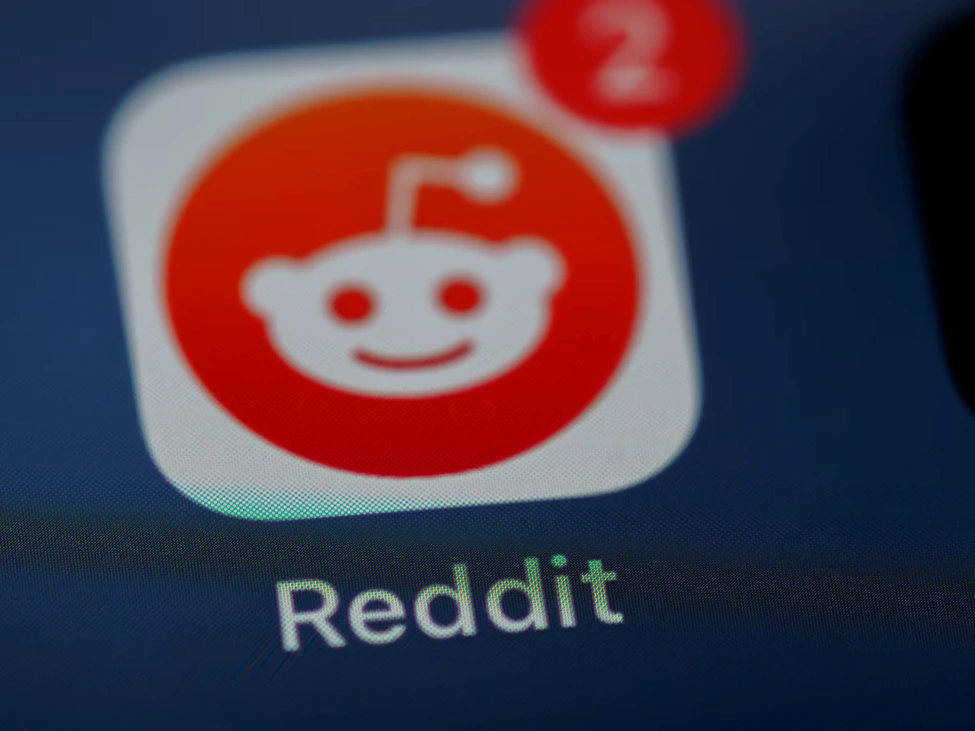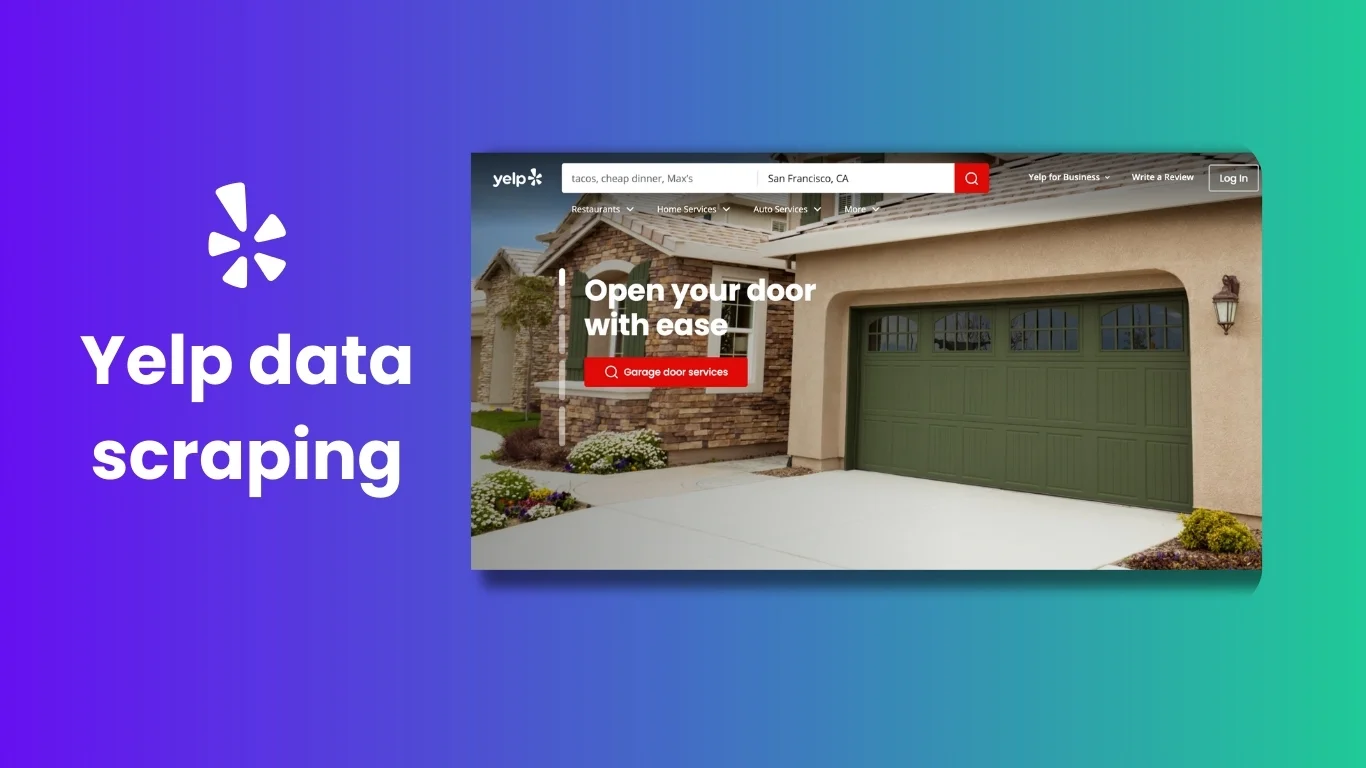Have you ever received a negative review from a guest because your room rates were higher than the competition’s?
This scenario is all too familiar in the hospitality industry. Indeed, here a lack of accurate, up-to-date data can lead to missed opportunities and unsatisfied customers. But what if there was a way to make informed decisions and offer your guests the best possible experience?
Let us introduce to you a game-changing solution that can revolutionize how you manage your hotel — web scraping. Read on to discover how harnessing web scraping can transform your and keep your guests coming back for more.
What is data scraping in hotel management?
Data scraping in the context of hotel management is the process of collecting, organizing, and analyzing vast amounts of information from various online sources. These sources include hotel booking websites, platforms with customer reviews, competitor websites, and social media platforms. This automated, real-time data extraction enables you to make data-driven decisions that benefit your business.
Types of hotel-related data to scrape
The hospitality niche has a lot of data to offer for collection and analysis. Here are examples of what information you may get with scraping.
- Locations and names. If you ever wondered how you can collect crucial information on hotels’ locations and names, hotel data scraping is the answer. This method will help you define the hotel’s proximity to popular attractions, restaurants, and transport hubs. Equipped with this information at hand, you’ll easily identify potential areas for expansion or improvement in your own offerings.
- Guest reviews and comments. To pinpoint customer preferences, expectations, and areas of dissatisfaction, you may want to analyze guest reviews from various online platforms. By keeping a close eye on this feedback, you will fine-tune your services and address any concerns to boost your hotel’s reputation.
- Pricing and availability. As you regularly scrape hotel prices of your rivals, you monitor their rates and promotions. This may help you create a competitive pricing strategy. Additionally, by tracking room availability, you can optimize your revenue management. For instance, you can adjust prices during high-demand periods or offer special deals to fill vacant rooms.
- Amenities and services. Stay up-to-date on the amenities and services offered by competitors to ensure your hotel remains competitive. By tracking these offerings with real estate scraping, you can identify any gaps in your hotel’s services and make improvements that tailor to your target market’s needs.
How hotel data scraping can benefit your business
Just imagine knowing your competition inside out. What your audience needs at this moment. Or what they say about your hotel on the internet. And not just knowing, but using this knowledge to refine your services, improve your reputation, and optimize your revenue. Sounds exciting, right? That’s the power of hotel data scraping. But there is more. Here are the advantages of scraping data.
- Competitors analysis. Data scraping allows you to monitor your competitors’ offerings, pricing, and customer sentiment. That’s how you learn where you win and lose in the battle for your client’s attention.
- Following trends. Keep your finger on the pulse of industry trends. This will help you get a better idea of the possible opportunities and challenges in the market. This way, you will become more competitive and will be able to stay relevant for your visitors.
- Better price strategy. Web scraping hotel prices at Booking.com or other sources is very handy. As you do this on a regular basis, you’ll spot what strategies your competitors use. In particular, you’ll figure out how often they change pricing and when. When you get access to this information, you’ll easily get ahead of your rivals and create irresistible offers for your clients.
- Research of audience. What are the odds that your business will succeed if you do not know who your audience is? We assume that they are pretty low. Because you’ve got to know what your potential visitors like, what their capabilities are, and more. You can get these and more insights from hotel data extraction to tailor your offerings to your visitors’ expectations.
- Monitoring of public opinion. Stay informed about what people are saying about your hotel and competitors with review scraping. And we bet you’ll agree this sort of information is always handy for the hotel business. As you take customer reviews into account, you’ll pinpoint weak points and be able to address them to deliver a better service to your visitors.
- Better targeted advertisements. Targeted ads are a great way to let more people know about your business. But without knowing who might be interested in your hotel service, you risk running a campaign that won’t bring the desired outcome. With data scraping, you collect useful information about your audience like gender, age, occupation, and location. Then, you’ll be able to come up with a message that will resonate with your audience and encourage them to learn more about your hotel.
- Brand management. Keep a close eye on your hotel’s online presence and reputation by leveraging data scraping. This enables you to address negative reviews and refine your brand strategy to stand out in the crowded hospitality market.

The pitfalls of web scraping in the hotel market
Despite its numerous benefits, scraping hotel data does come with certain challenges that hotel owners should be aware of.
First, it’s related to the fact that some websites have strict terms of service. They prohibit web scraping or limit the use of their data. In addition to this, websites may also implement rate limiting or IP blocking to prevent automated scraping.
Second, the accuracy and quality of scraped data can be questionable if performed without proper expertise. Inaccurate or incomplete data can lead to misguided decisions and strategies, which we are sure you want to avoid.
Moreover, websites and data sources may change frequently. Thus, effective web scraping requires constant monitoring and adjustments to your scraping scripts.
How to scrape hotel data?
Scraping data connected with the hospitality industry is not for the timid ones. It requires a strategic approach to minimize the risk of being detected and banned by websites. Here are a few handy tips from our hotel scraper experts:
- Before scraping any website, check its robots.txt file to understand the site’s web scraping policies. Abide by these guidelines to respect website owners’ preferences and avoid potential legal issues.
- Implementing proxy servers allows you to rotate IP addresses during the scraping process. This minimizes the likelihood of being detected and banned by websites. Opt for a mix of residential and data center proxies for the best results.
- Sending too many requests in a short period can trigger website defenses. So, space out your requests and implement a delay between them to avoid rate limiting and appear more like a regular user.
- Mimic human browsing behavior by rotating user agents and managing cookies in your scraping requests. This can help you blend in with legitimate traffic and reduce the risk of getting banned.
Does it sound like rocket science to you, and you doubt that you’ll handle all the complexities on your own? Then entrusting web scraping to a professional service provider will be the best option.
Conclusion
Data scraping is no longer a thing hotel owners and managers can ignore. That’s what you should definitely incorporate in your hotel management flows to optimize revenue and create exceptional guest experiences.
At Nannostomus, we are here to provide you with accurate, up-to-date, and actionable insights that drive growth and success. Our experts navigate the complexities of web scraping for you while adhering to best practices to deliver the best desired outcomes. With our support, you will see all the perks of data-driven decision-making for yourself.




